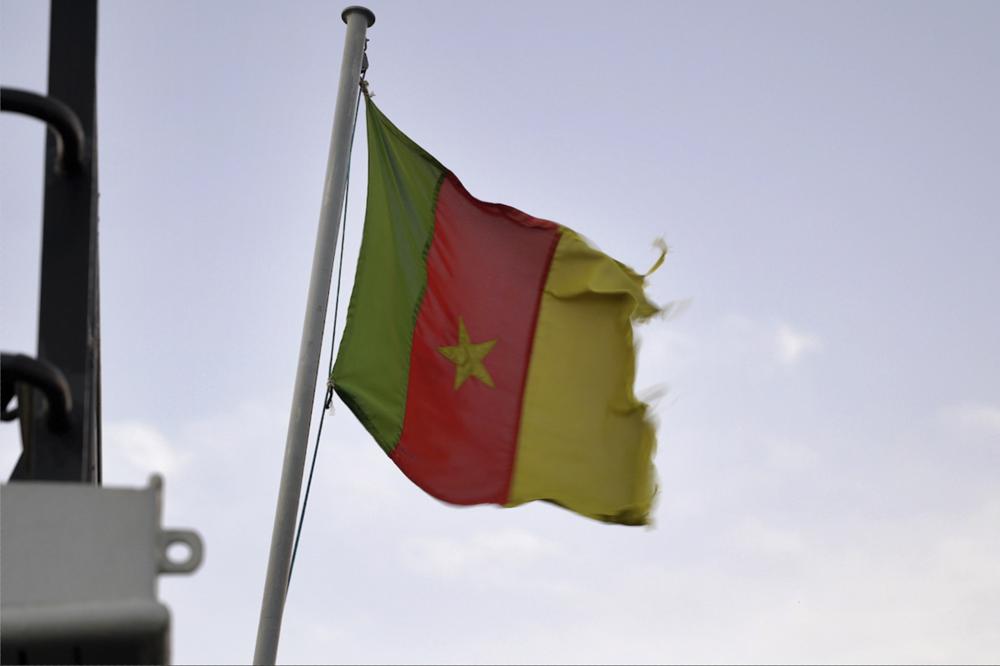Cameroon has denied any involvement in seeking foreign mediation for its ongoing conflict with separatist groups in Cameroon’s minority English-speaking regions. This statement comes in response to recent claims made by the Canadian government, who announced last week that they had received a request to assist in a peace process for the region.
In a statement issued on Monday, the Cameroonian government stated that it had “not entrusted any foreign country or external entity with any role of mediator or facilitator to settle the crisis”. This statement has been met with mixed reactions, with separatist groups responding that they had taken note of the government’s denial, while the Canadian government maintains that their statement still stands and they are in touch with both sides in the ongoing conflict.
What is the story behind Cameroon’s separatist movement?
Cameroon’s separatist movement is rooted in the country’s history of colonial rule and the subsequent marginalization of its English-speaking minority. The country was a German colony until the end of World War I, when it was divided between France and the United Kingdom. The French-speaking majority, who make up around 80% of the population, have held political and economic power since Cameroon gained independence in 1960.
In recent years, the country’s English-speaking minority has grown increasingly frustrated with what they see as discrimination and marginalization by the French-speaking government. This has led to a growing separatist movement, with groups calling for the creation of a new state called Ambazonia for the English-speaking regions of Cameroon. The separatist movement has been met with a heavy-handed response from the government, leading to an escalation of violence and human rights abuses.
The separatist movement in Cameroon has been ongoing since 2017. The conflict between government troops and separatist militias has led to significant loss of lives and displacement of people throughout Cameroon. In addition, the government has also been accused of human rights abuses against the Anglophone population. The situation has been compounded by the COVID-19 pandemic which has led to a humanitarian crisis in the region. The international community has called for dialogue and peaceful resolution to the crisis. The ongoing crisis, which began in 2017, has resulted in a significant number of casualties and displacements, with government reports stating that at least 6000 people have died and nearly 800,000 have been displaced.
Image Credit: AP Photo/Grace Ekpu





